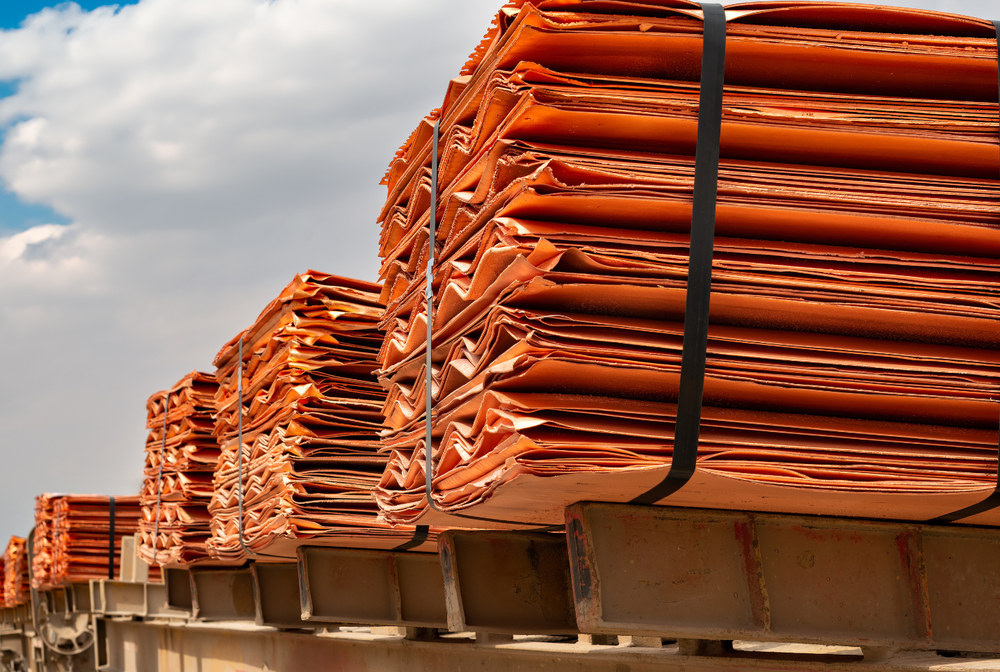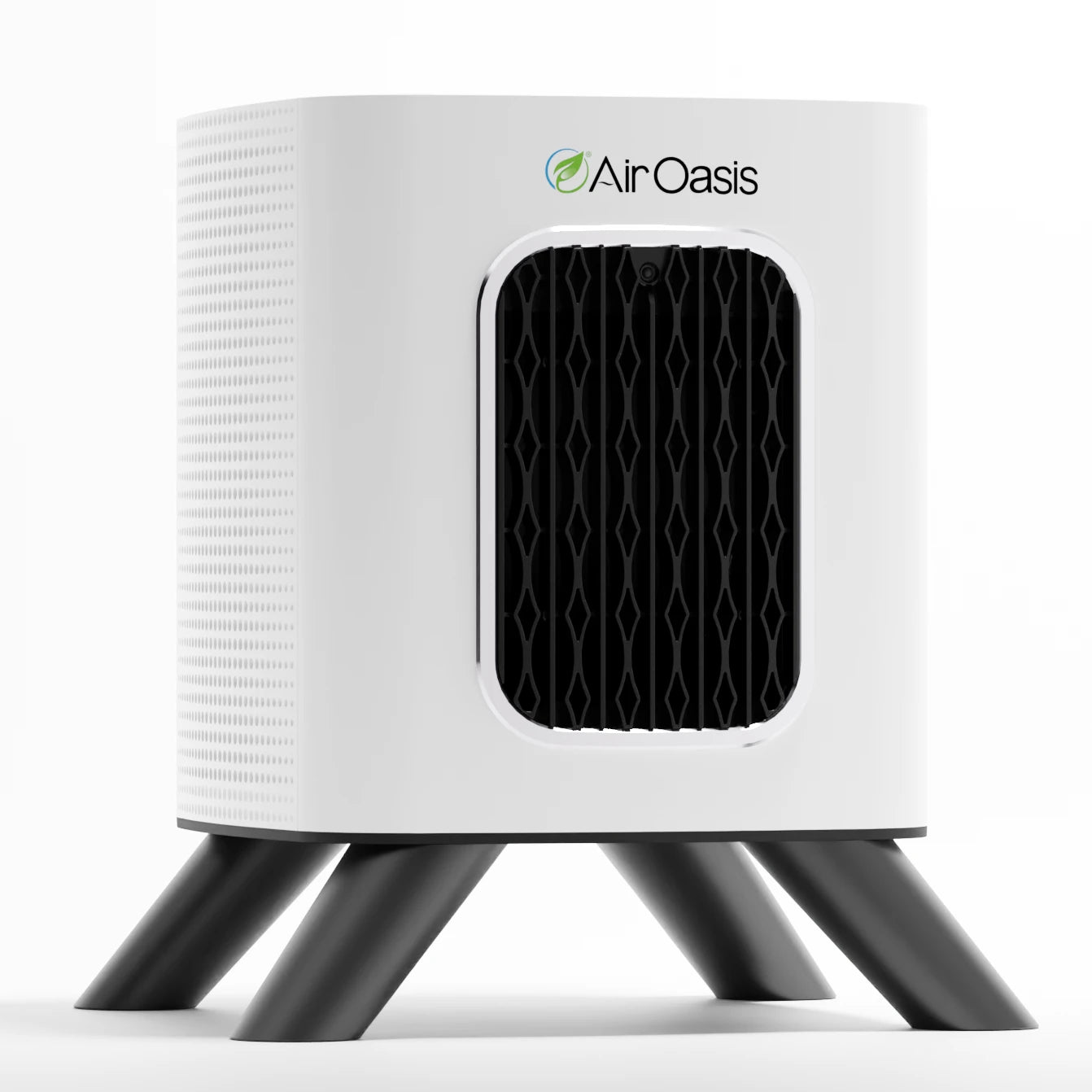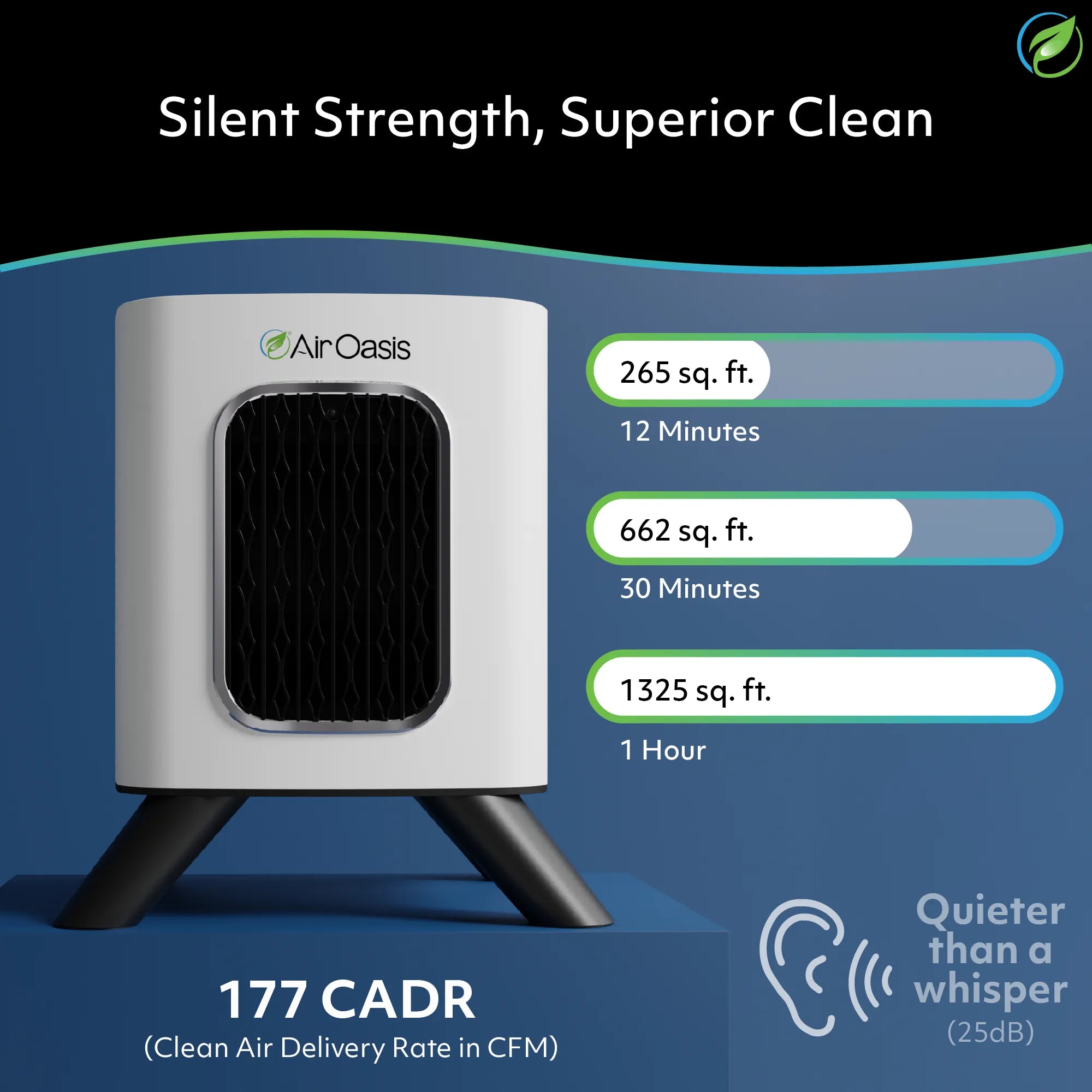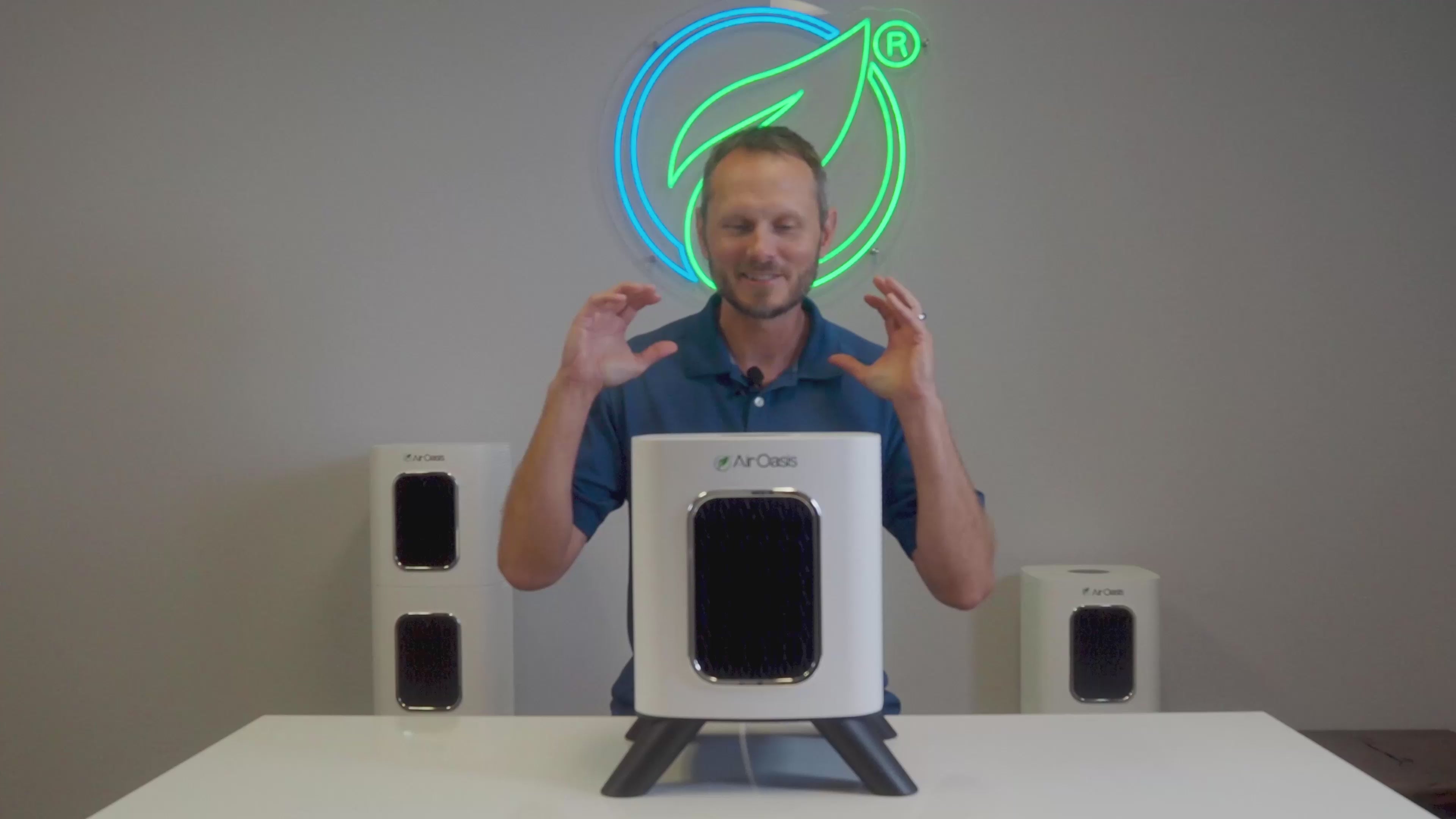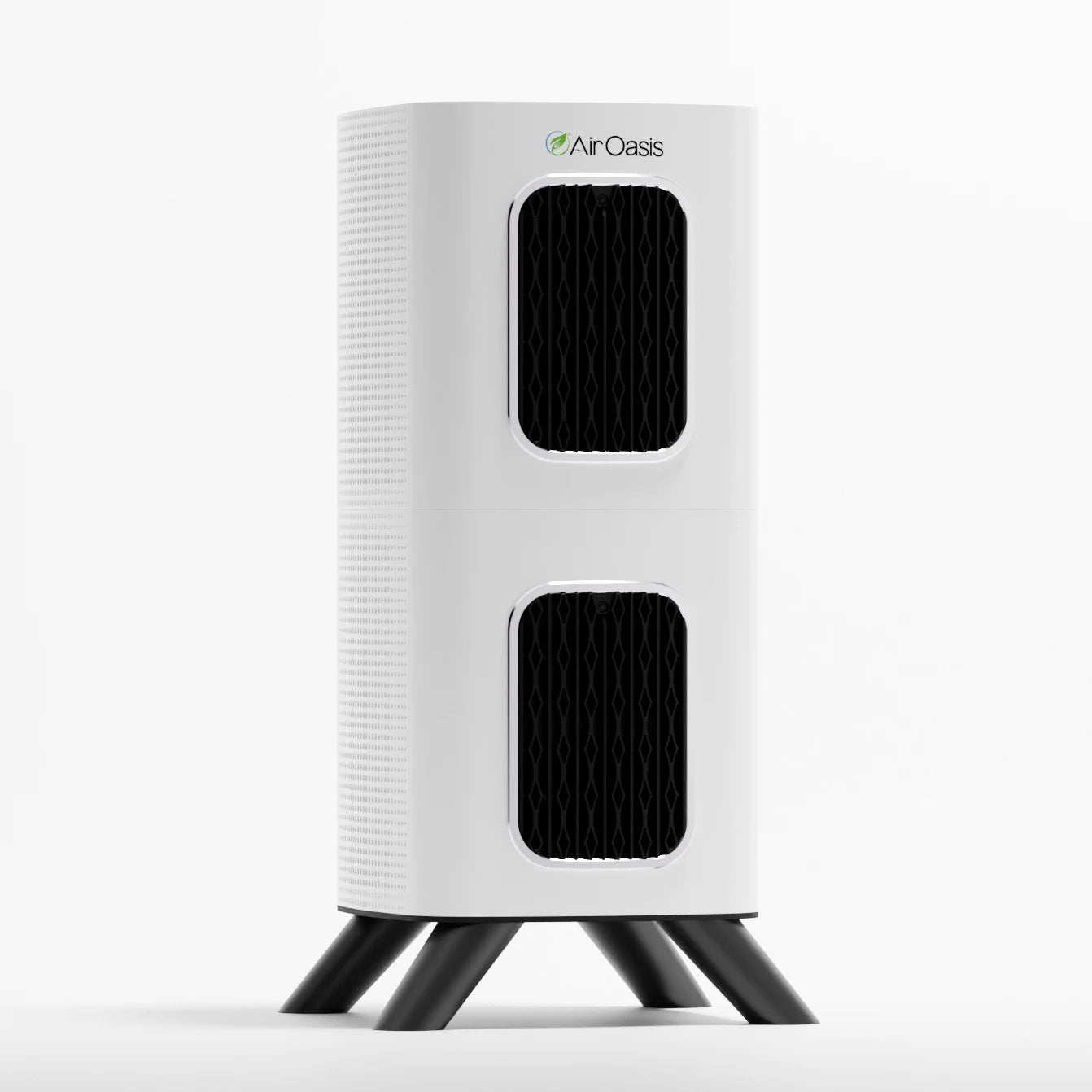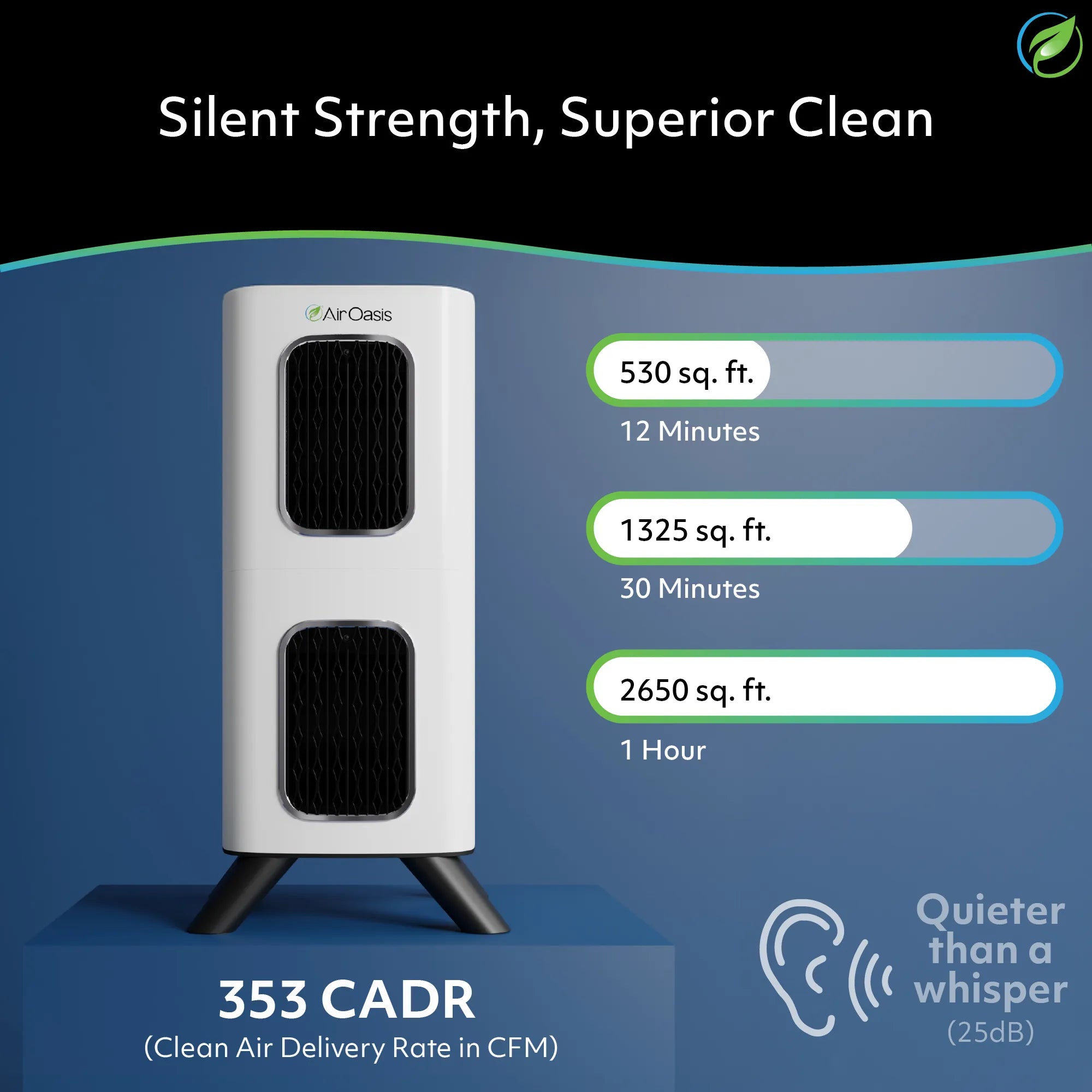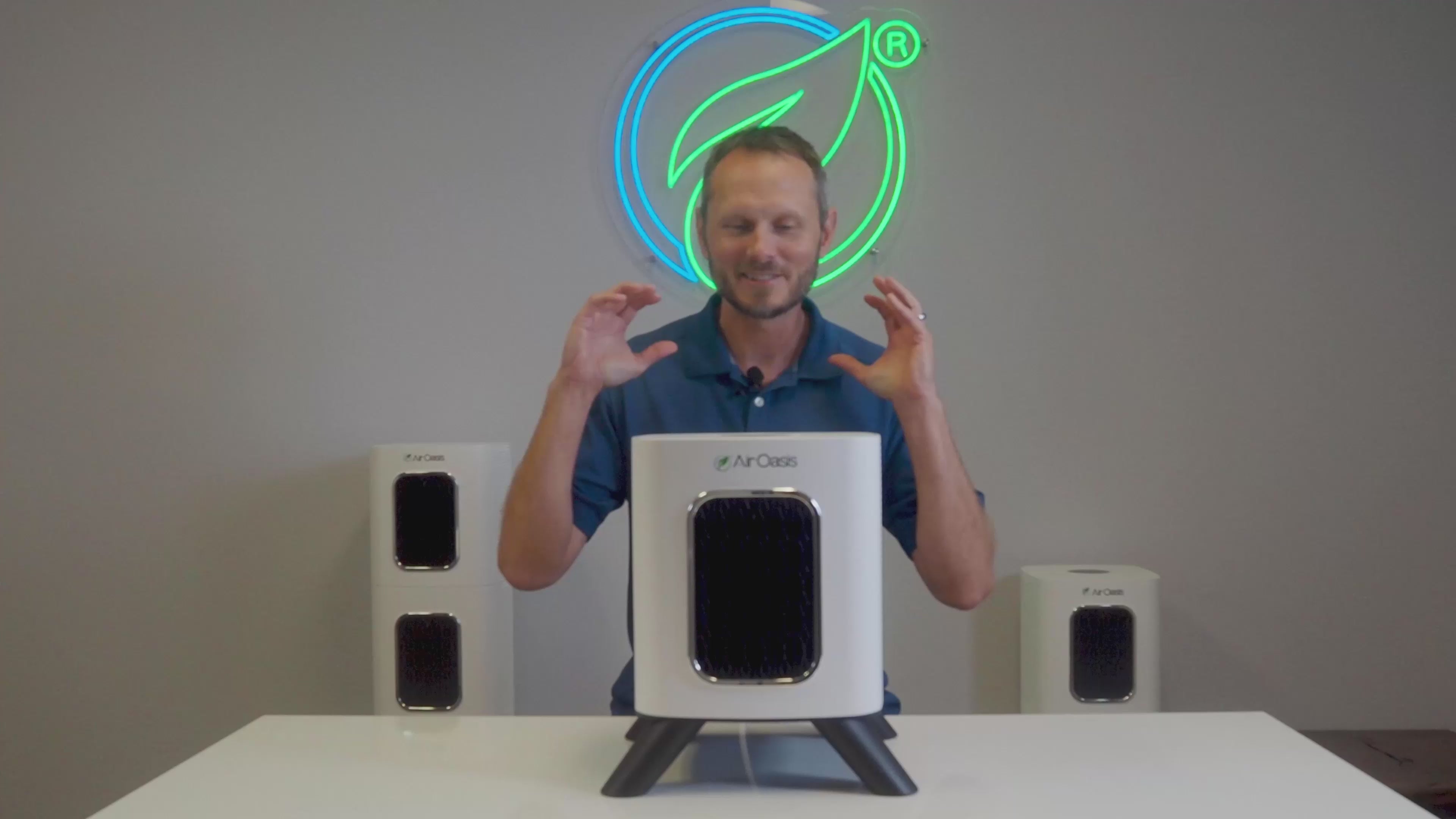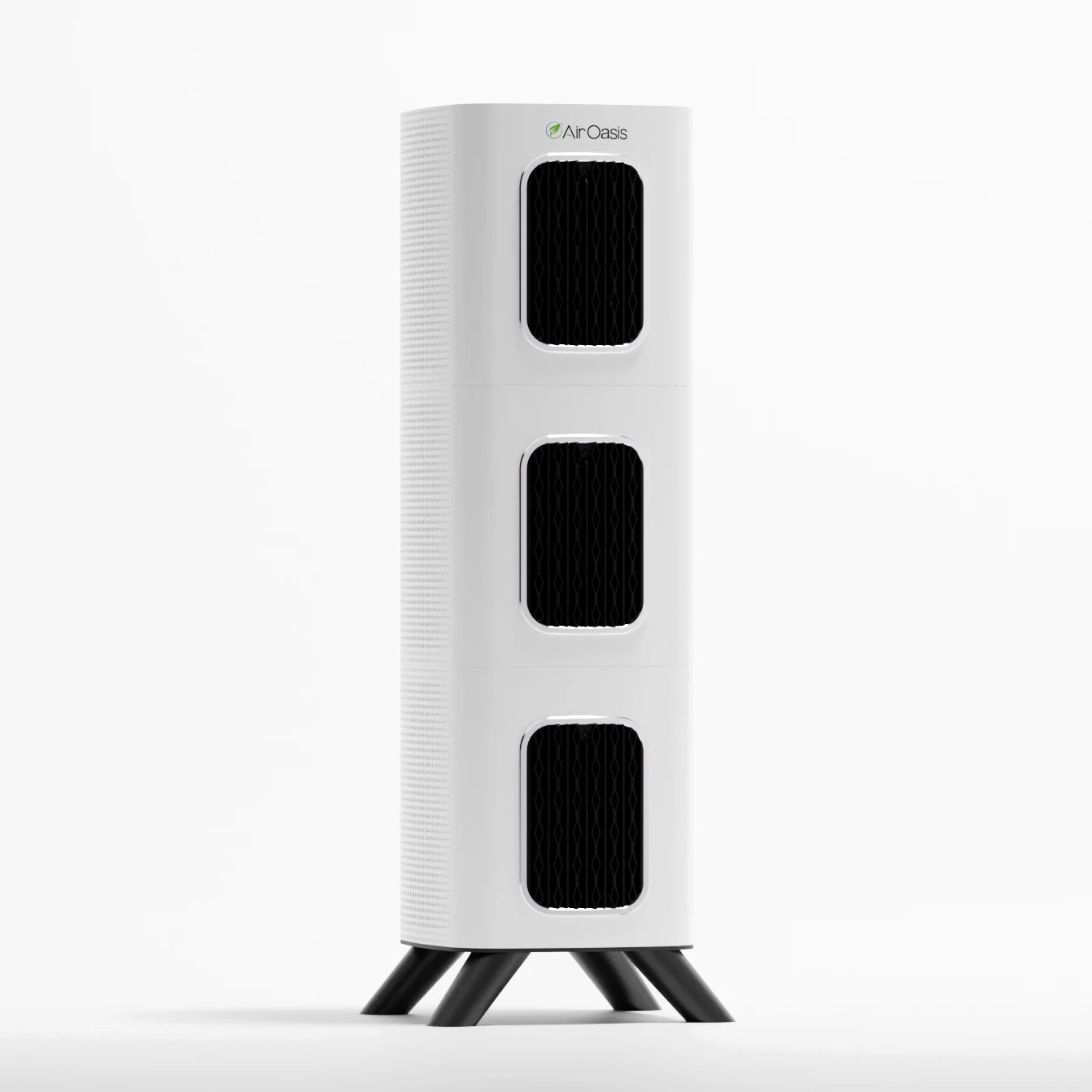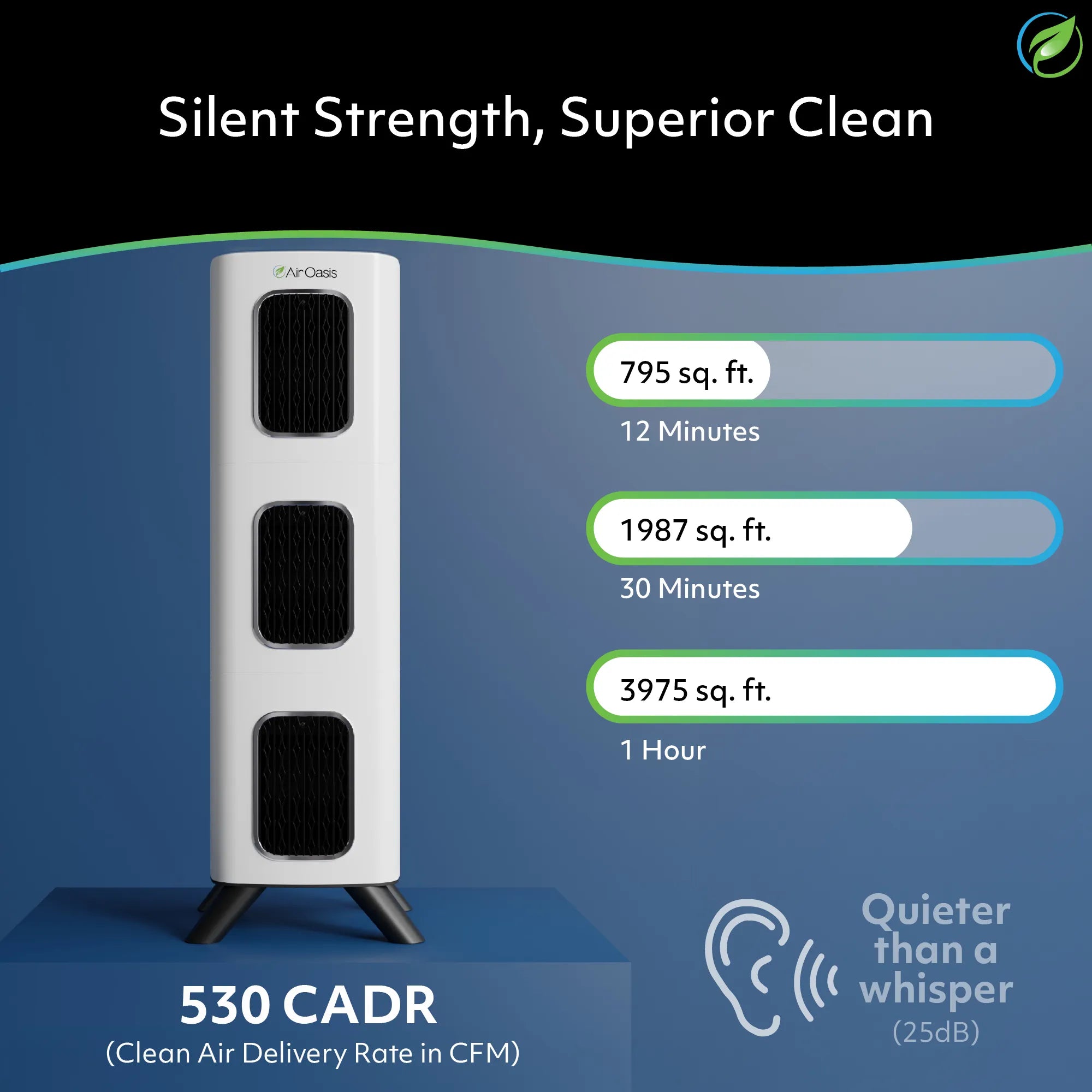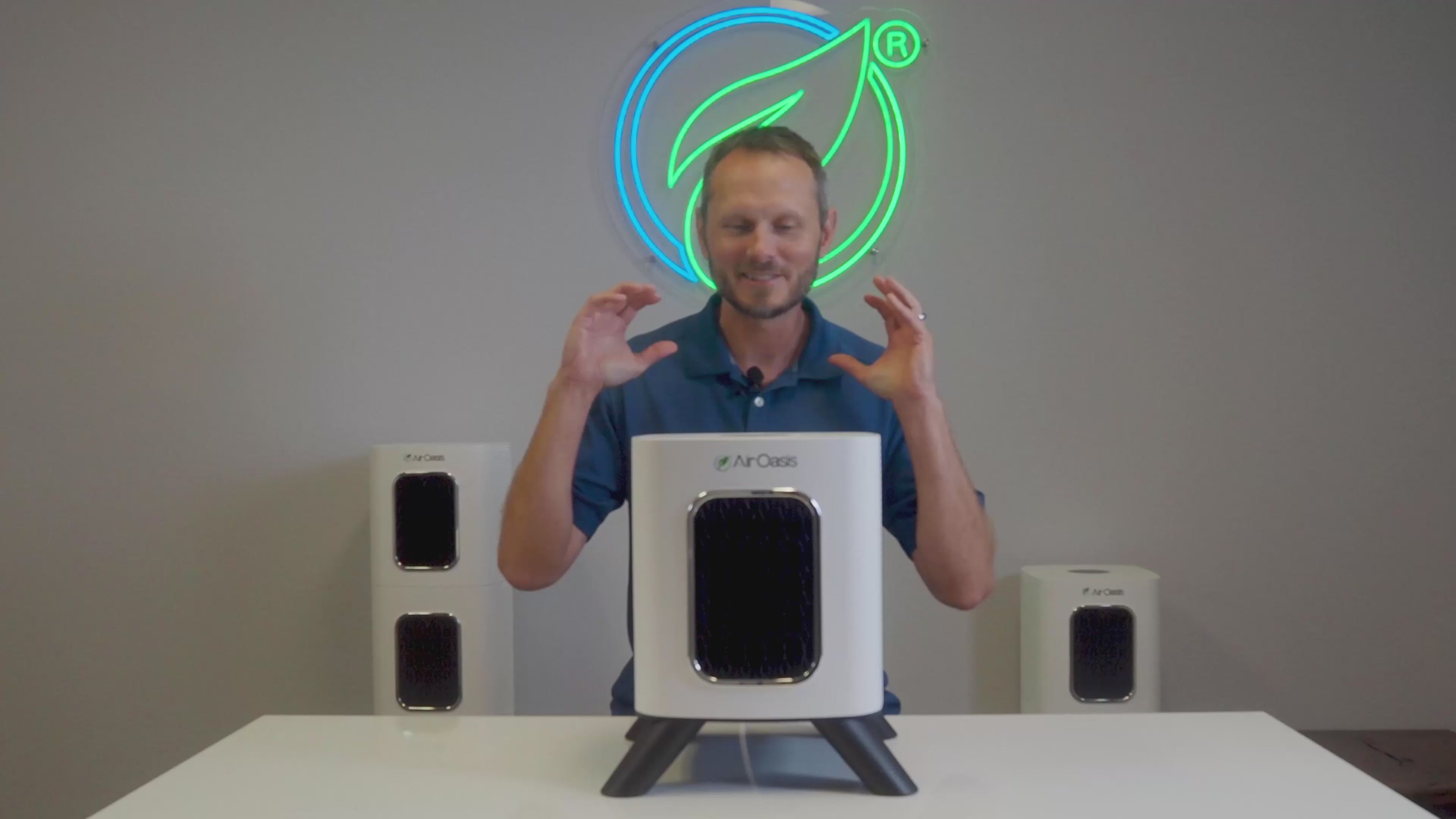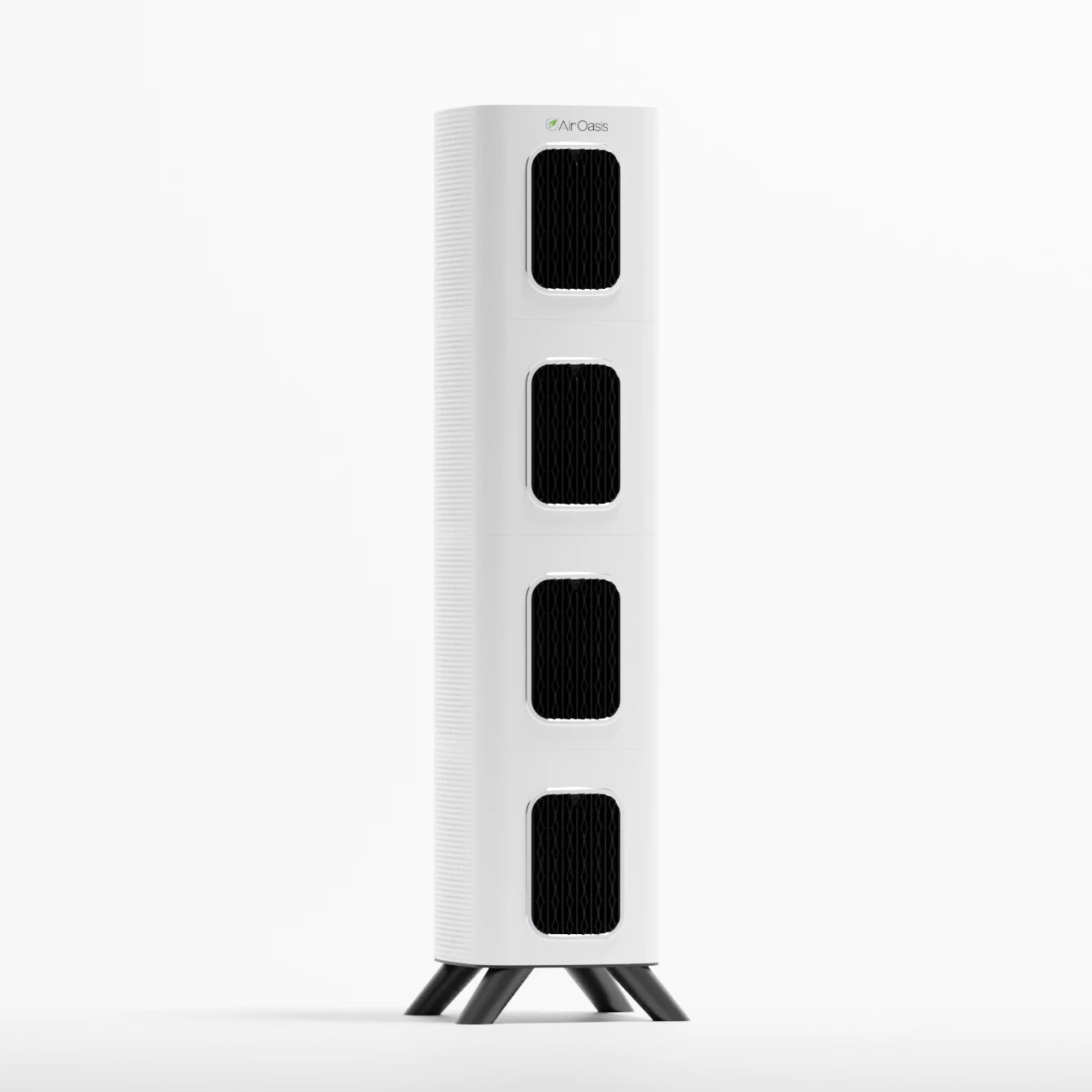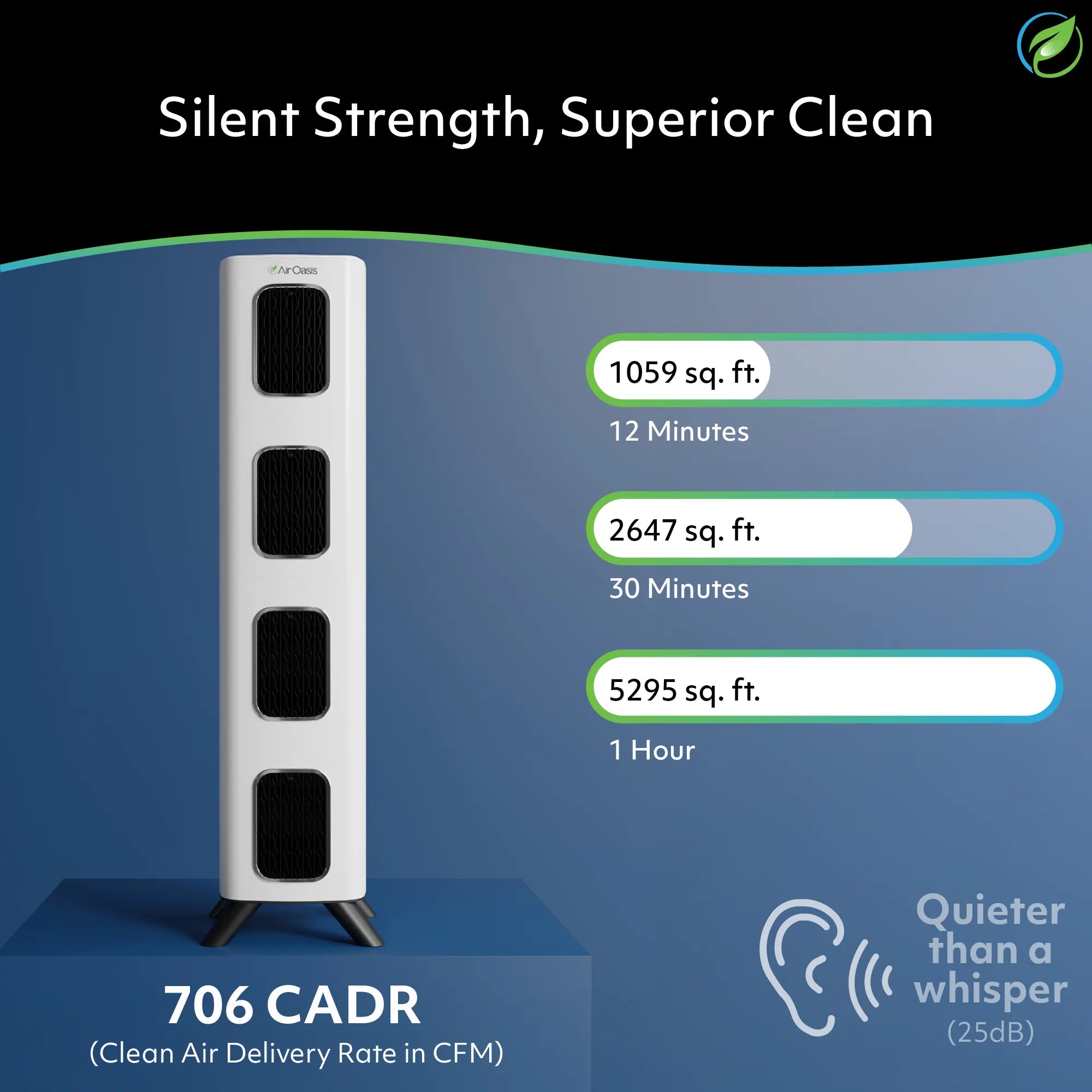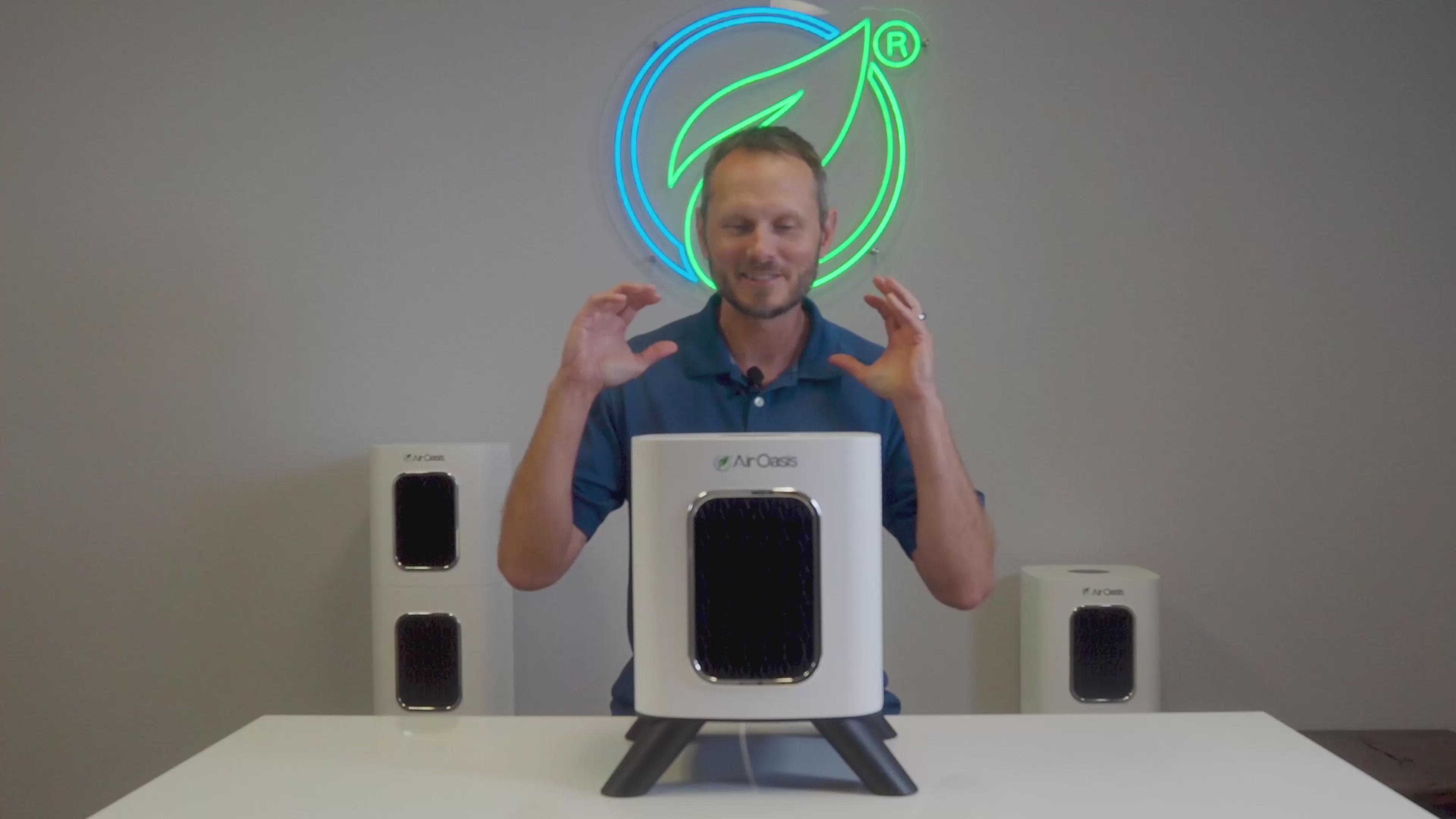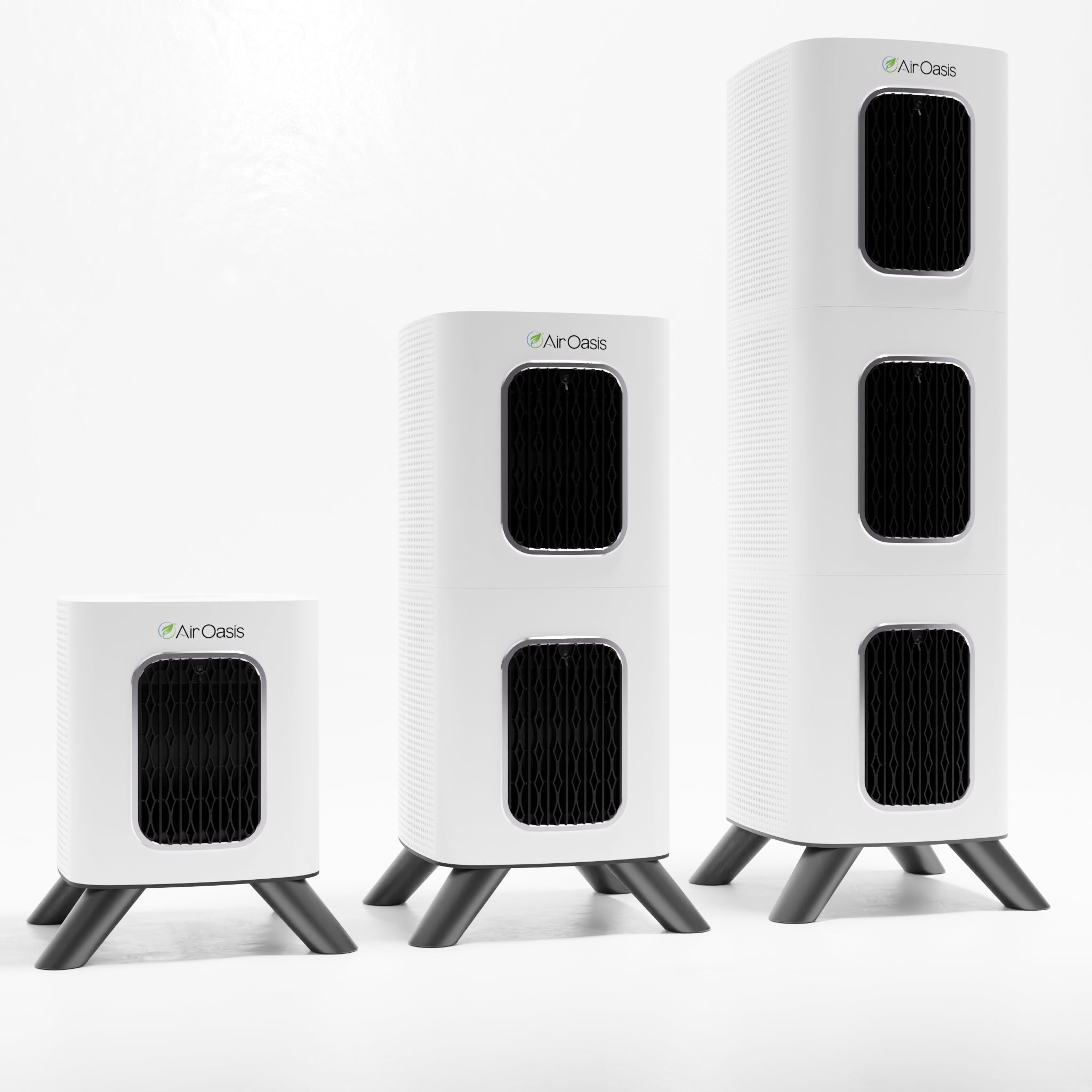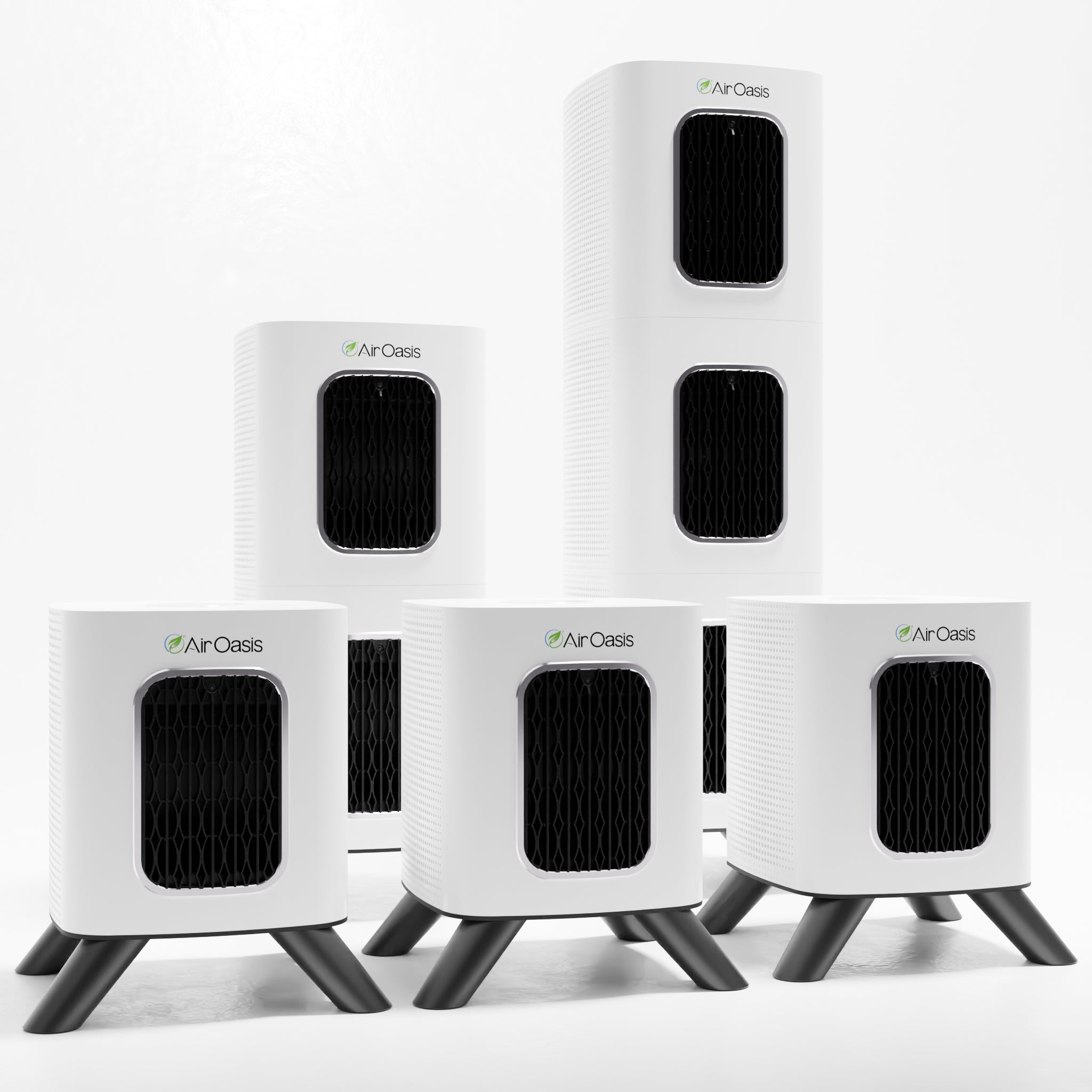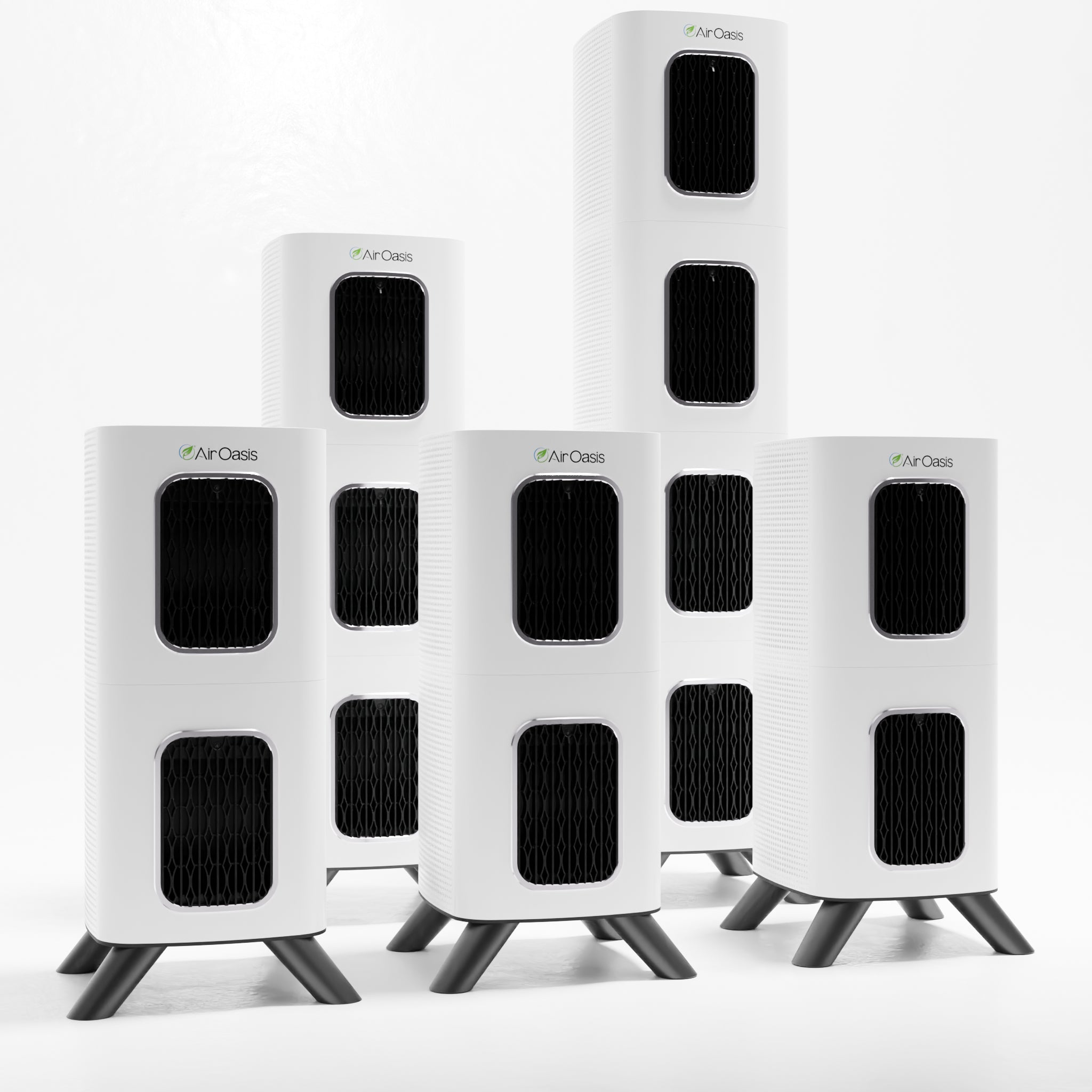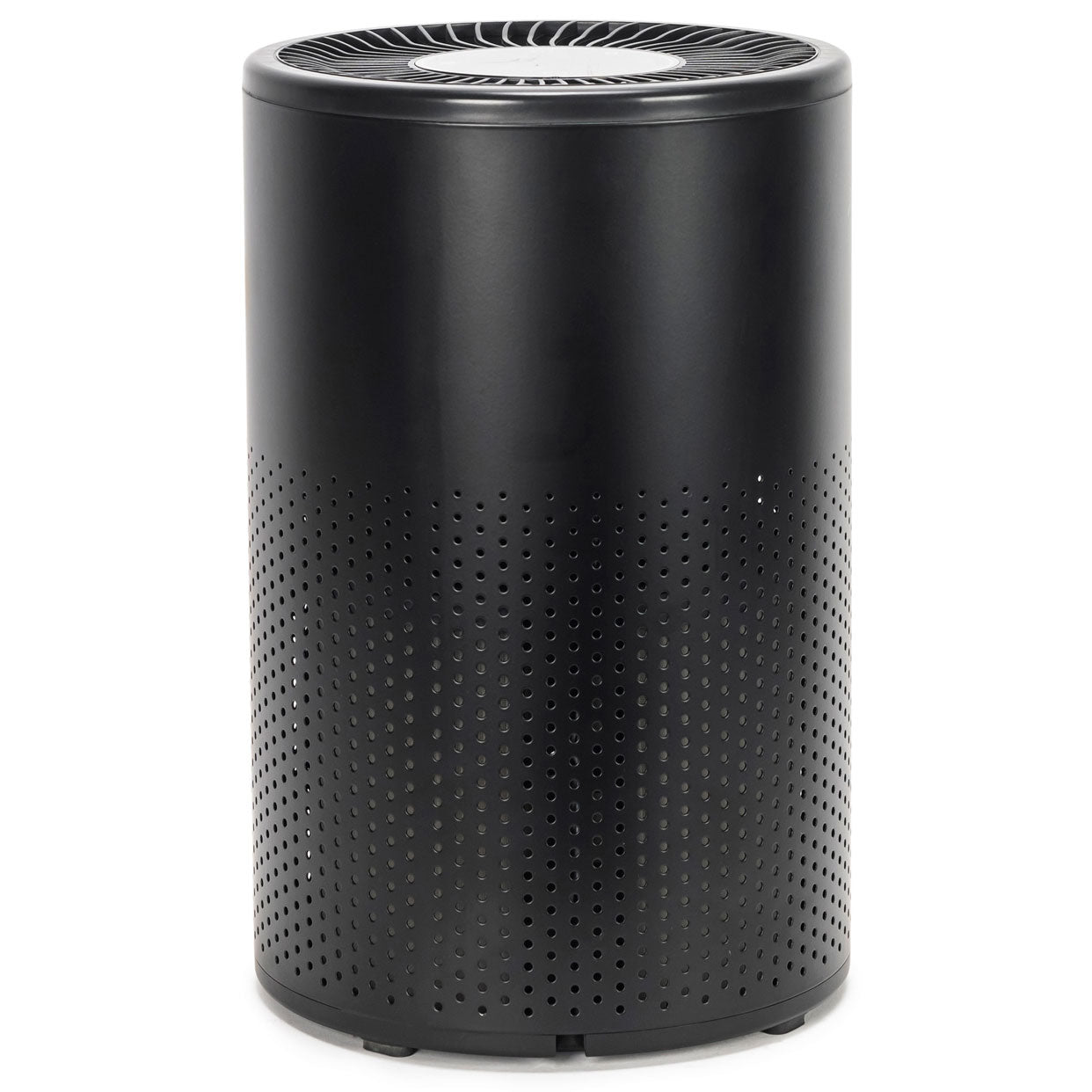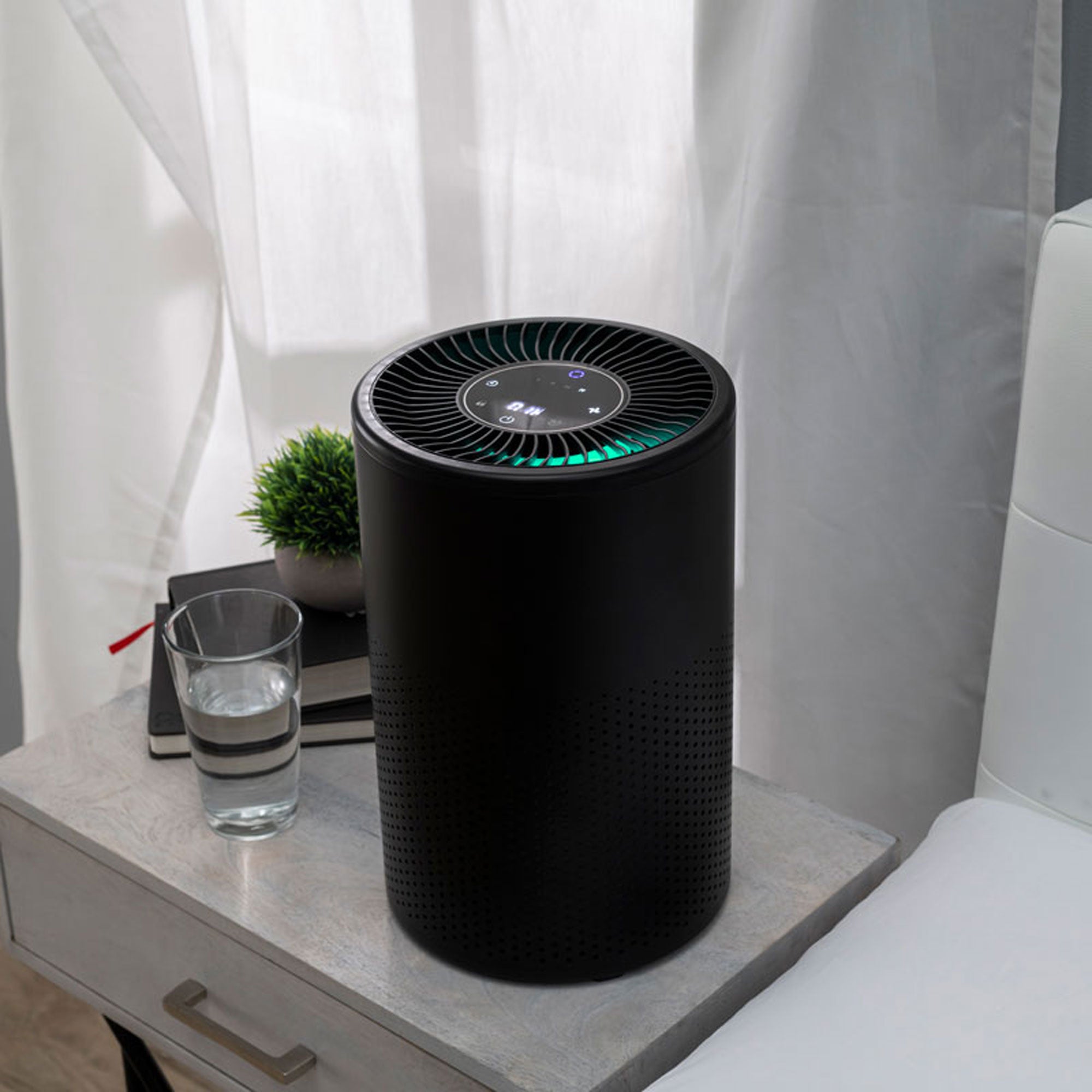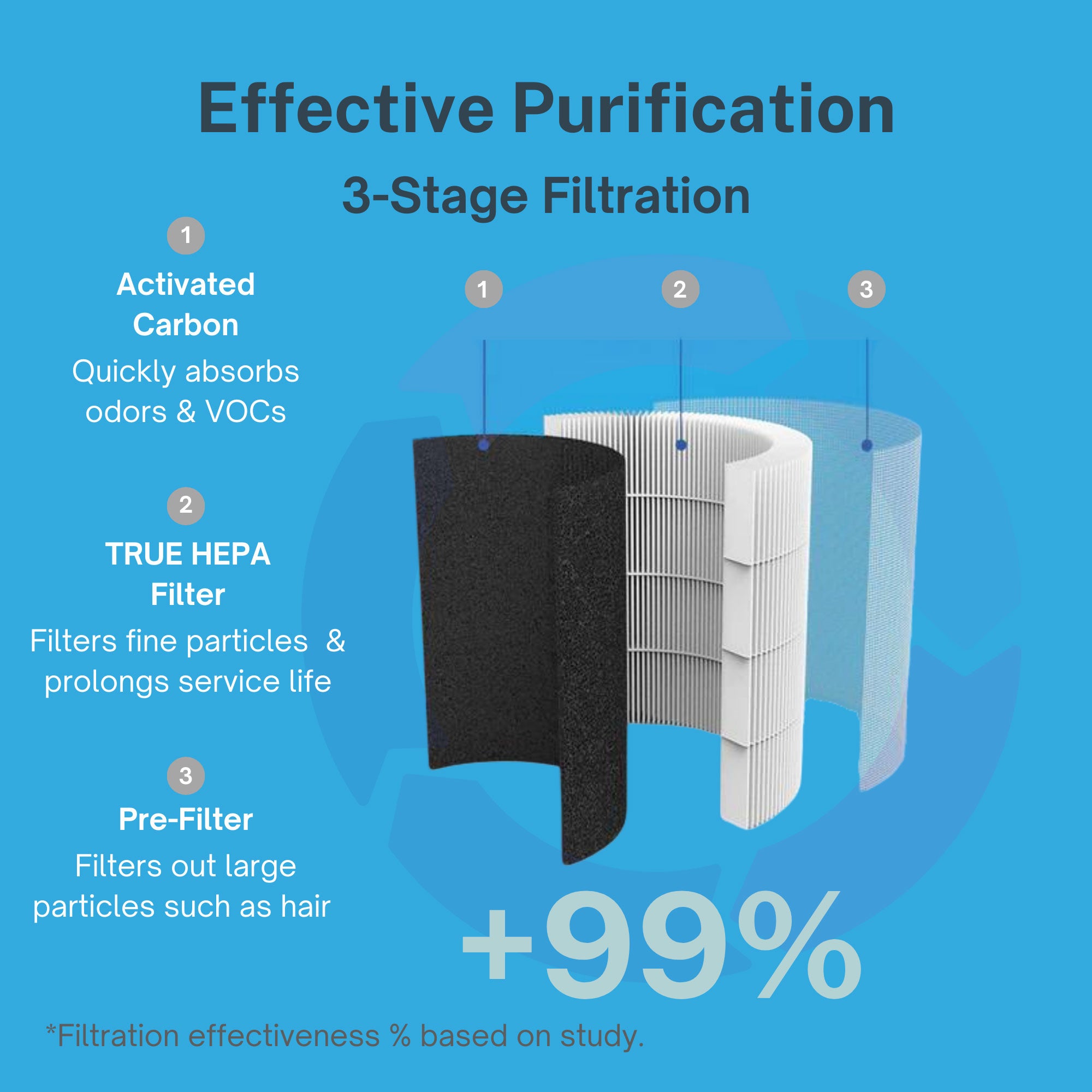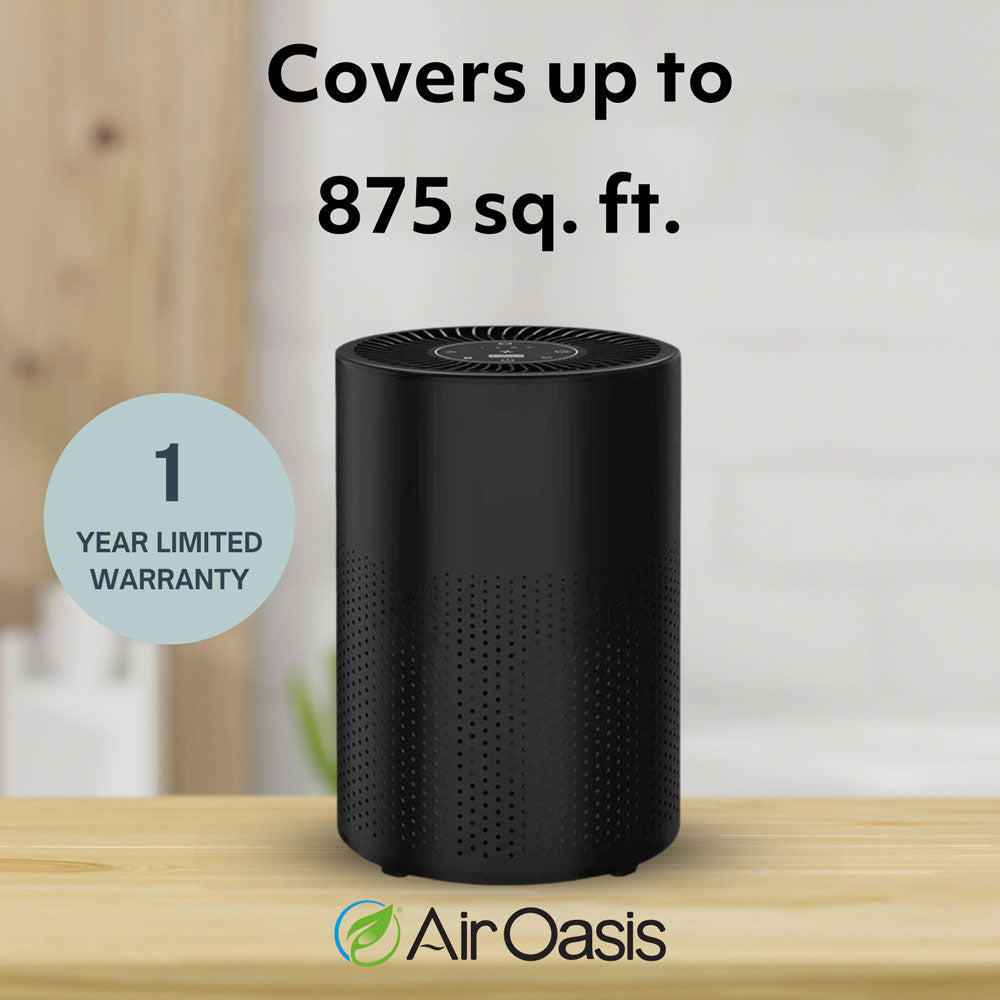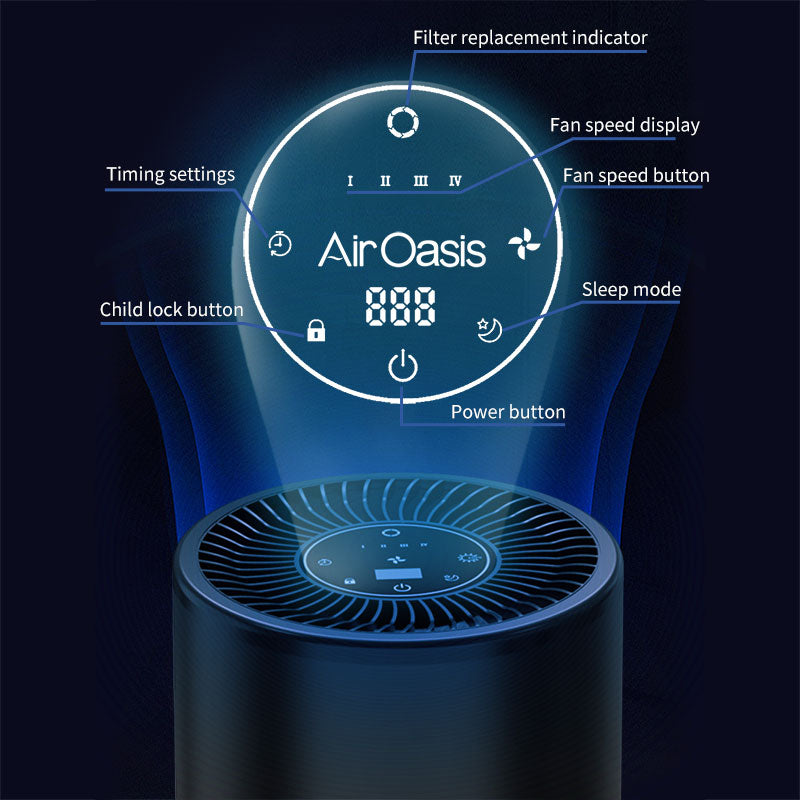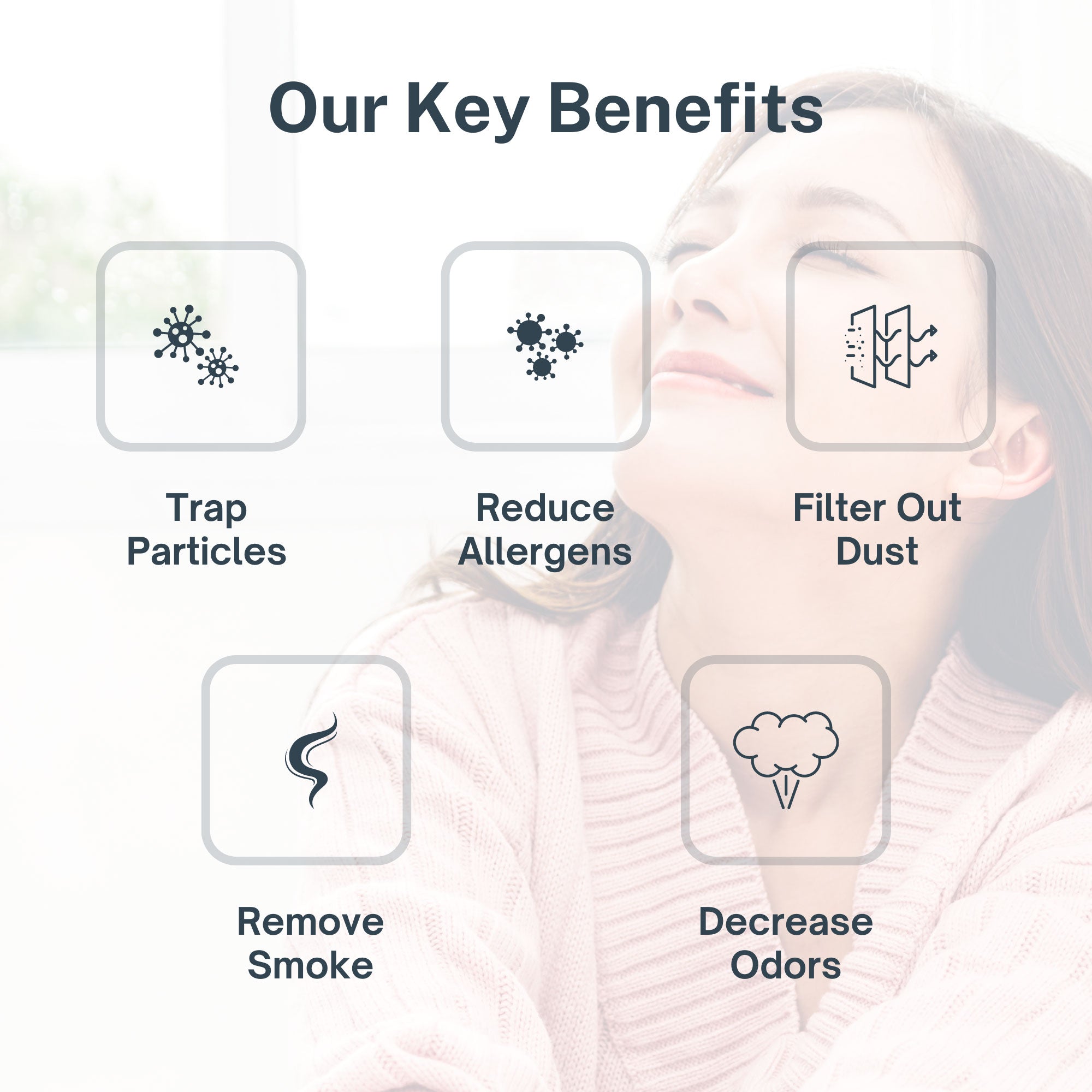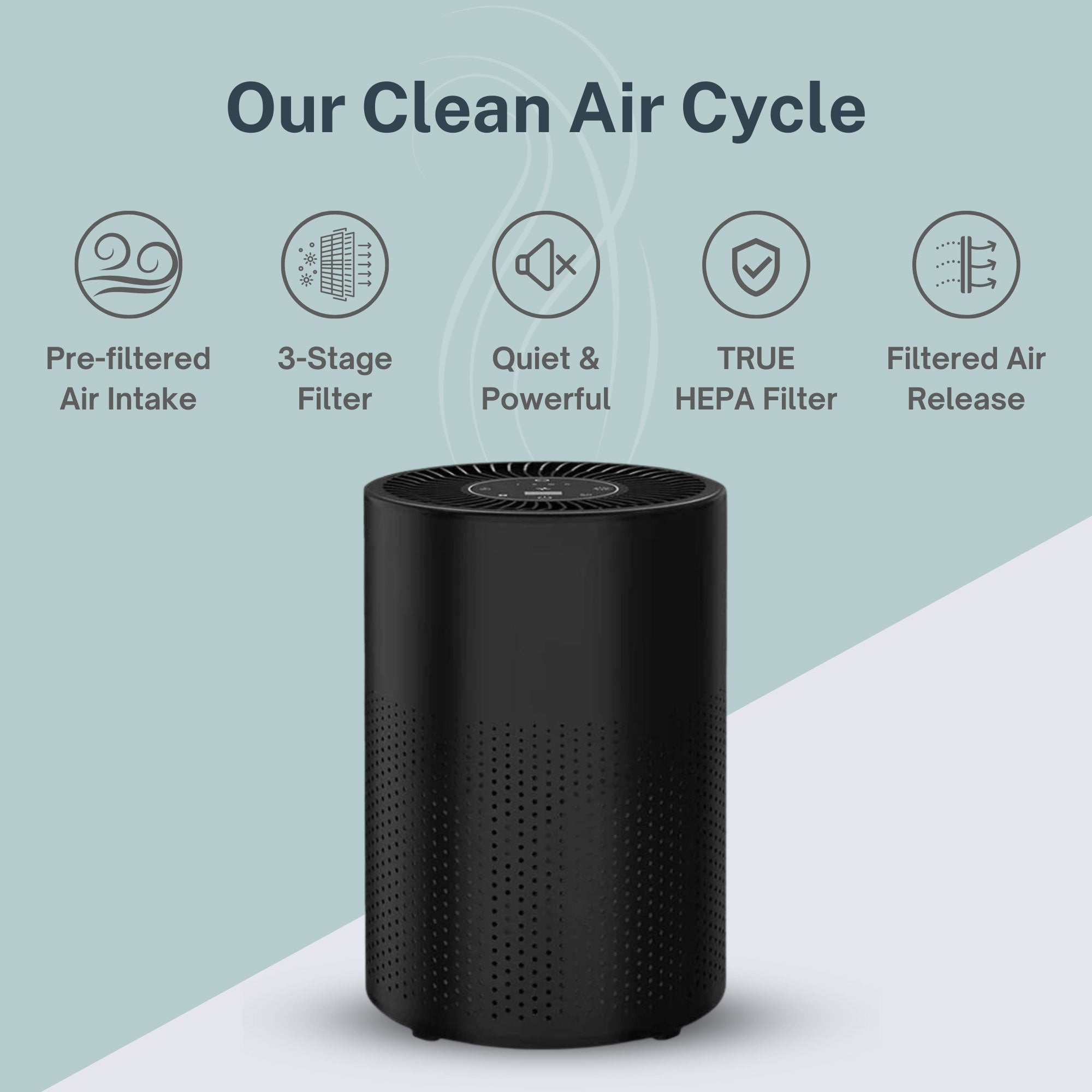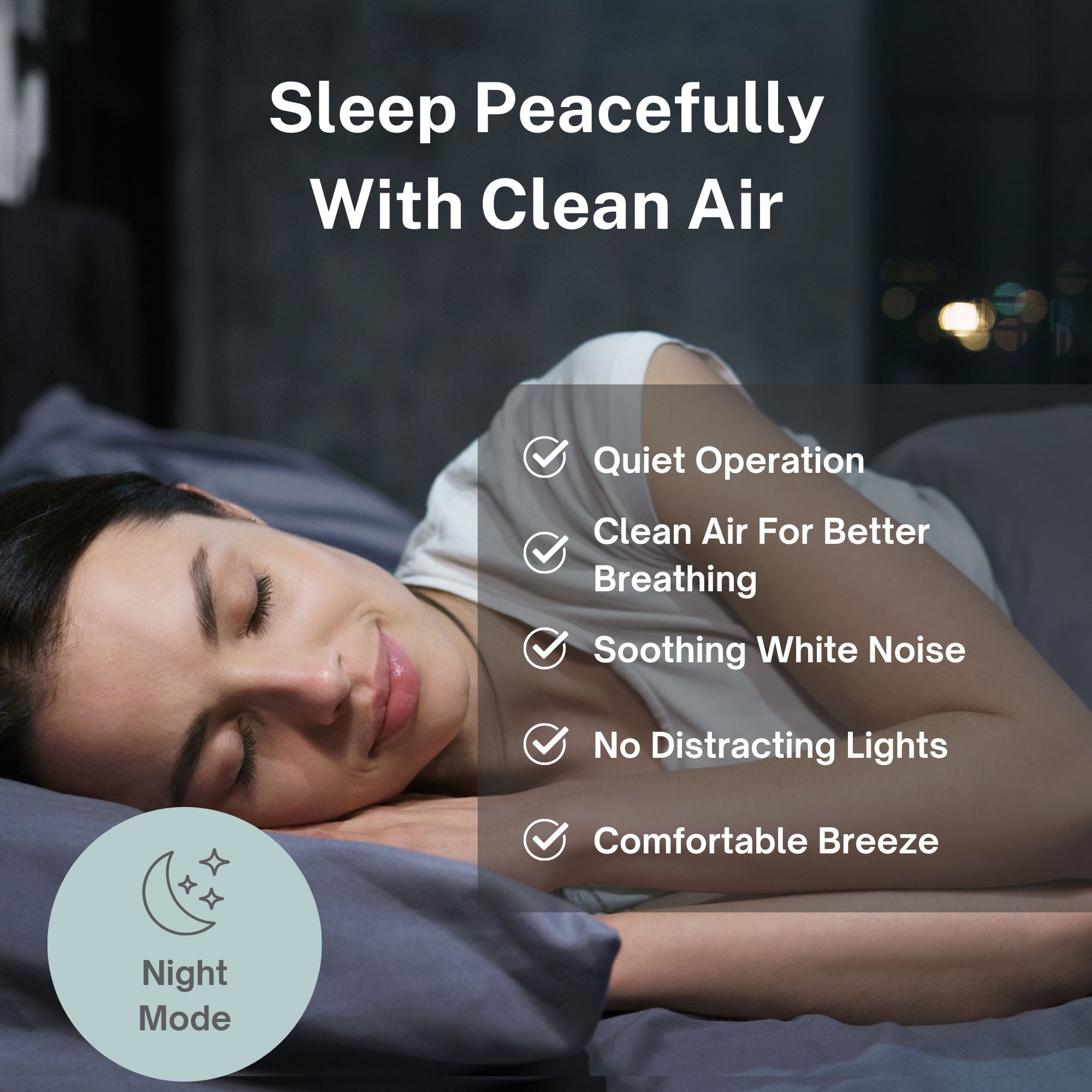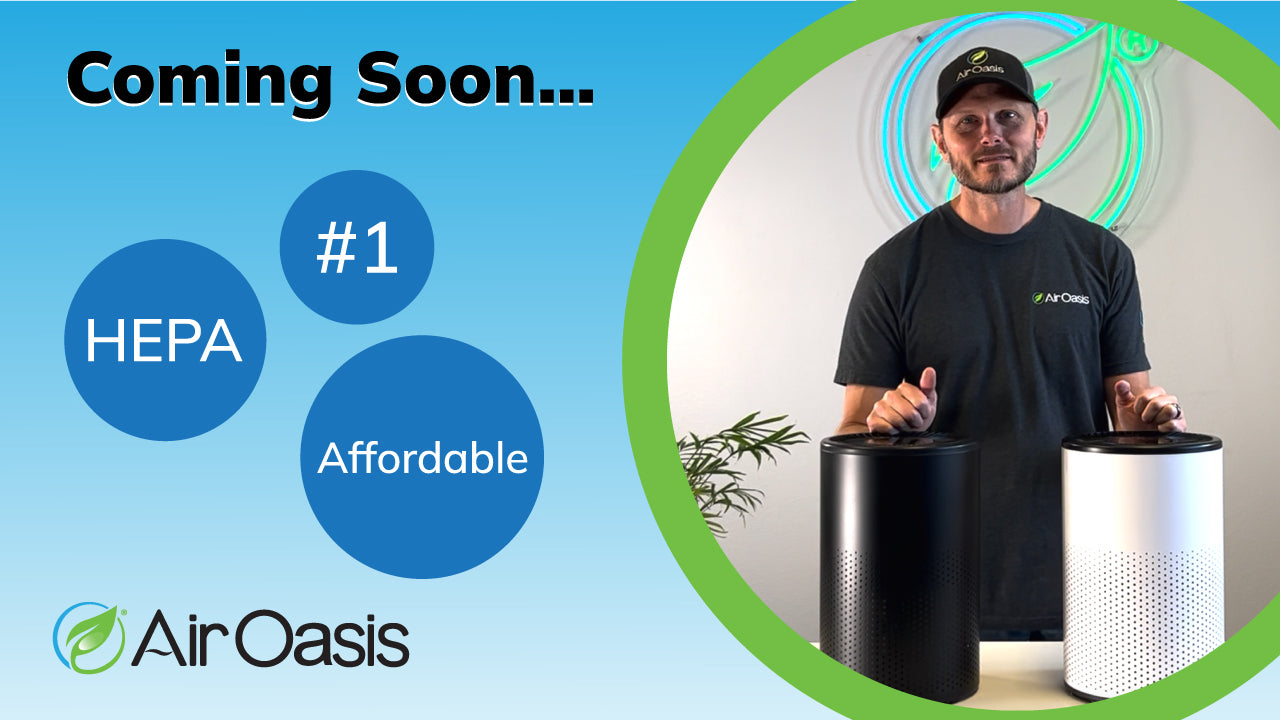The Trump administration issued a two-year exemption from updated air toxics regulations for a copper smelting facility in Arizona, marking another modification to Clean Air Act pollution standards established during the previous administration.
Regulatory Exemption Details
On October 27, 2025, President Donald Trump signed a proclamation granting Freeport-McMoRan's copper smelter, located approximately 90 miles east of Phoenix, a reprieve from air toxics regulations finalized in 2024. These regulations address emissions of pollutants including lead, arsenic, mercury, and dioxins from industrial facilities.
According to reporting by Hannah Northey and Sean Reilly for Politico, the exemption utilizes Clean Air Act waiver provisions that permit compliance delays when the president determines such action would benefit national security and when required pollution control technology is not readily available.
Copper Smelting Industry Context
The facility represents one of three copper smelters operating in the United States that refine copper for use in electrical wiring, electric vehicles, and electronic components. Of these three facilities, only two are currently operational, highlighting the limited domestic capacity for this industrial process.
Copper smelting involves heating copper ore to extremely high temperatures to extract pure metal, a process that releases various airborne pollutants as byproducts. The specific pollutants regulated under the updated standards—lead, arsenic, mercury, and dioxins—represent substances with documented health impacts when present in air at elevated concentrations.
Administration Rationale
The White House cited national mineral security concerns in issuing the exemption. The proclamation argued that the Biden-era standards have "already strained domestic industry risks accelerating further closures, weakening the Nation's industrial base, undermining mineral independence, and increasing reliance on foreign-controlled processing capacity."
This reasoning positions the regulatory exemption within broader supply chain security considerations. Copper serves as a critical material in electrical infrastructure, renewable energy systems, electric vehicle manufacturing, and numerous electronic applications. Domestic refining capacity affects the nation's ability to process raw materials without dependence on foreign facilities.
The waiver program utilized for this exemption allows the president to grant compliance extensions when determining that delays would benefit national security and that necessary pollution control technology remains unavailable or impractical to implement within standard timeframes.
Pattern of Regulatory Modifications
The copper smelter exemption represents part of a broader pattern of Clean Air Act compliance delays issued by the Trump administration. Similar extensions have been granted to coal-fired power plants, chemical producers, and other industrial operations under the same national security waiver authority.
These actions modify pollution control requirements established during the previous administration, creating divergent regulatory timelines for different facilities and industries based on determinations regarding national security implications and technology availability.
Air Toxics and Public Health
The pollutants addressed by the regulations from which the smelter received exemption—lead, arsenic, mercury, and dioxins—represent substances with well-documented health impacts.
Lead exposure affects neurological development, particularly in children, and can cause cognitive impairment, behavioral problems, and learning disabilities at relatively low exposure levels. Arsenic represents a known carcinogen associated with lung, skin, and bladder cancers. Mercury affects the nervous system and poses particular risks for developing fetuses and young children. Dioxins accumulate in the food chain and have been linked to reproductive problems, developmental disorders, immune system damage, and cancer.
Industrial facilities including copper smelters represent point sources where these pollutants enter the atmosphere. Communities located downwind from such facilities experience elevated exposure compared to areas farther from emission sources.
Technology and Compliance Considerations
The waiver program's requirement that needed pollution control technology be unavailable provides one justification for granting compliance extensions. Modern air pollution control systems for metal smelting operations can include technologies such as baghouse filters, electrostatic precipitators, scrubbers, and specialized systems designed to capture specific pollutants before they enter the atmosphere.
Implementation of such systems requires capital investment, engineering design, installation time, and operational modifications. The two-year exemption period presumably provides time for the facility to implement required controls or for alternative regulatory approaches to be developed.
Indoor Air Quality Considerations
While regulatory debates continue regarding industrial emissions, individuals living in communities near industrial facilities or in areas with elevated outdoor air pollution can take action to protect indoor air quality. According to EPA data, Americans spend approximately 90% of their time indoors, making residential air quality a significant component of total exposure.
The iAdaptAir purification system utilizes medical-grade HEPA filtration combined with activated carbon technology designed to remove both particulate matter and gaseous pollutants. While outdoor industrial emissions require regulatory oversight and source controls, maintaining clean indoor air provides a practical strategy for reducing personal exposure to air toxics that may enter from outdoor sources.
For families living in areas with industrial facilities or elevated outdoor pollution levels, comprehensive indoor air purification addresses both particles and chemical compounds, creating cleaner breathing environments within homes.
Economic and Environmental Trade-offs
The copper smelter exemption illustrates ongoing tensions between industrial operations, economic considerations, environmental protection, and public health. Copper production supports manufacturing sectors considered strategically important, including electrical infrastructure and electric vehicle production. Simultaneously, the smelting process generates air pollutants with documented health impacts on nearby populations.
Regulatory frameworks attempt to balance these competing interests through emissions standards that allow industrial operations while requiring pollution controls to protect public health. Exemptions and compliance extensions modify this balance, prioritizing immediate economic or security concerns over near-term pollution reduction.
Protect Your Indoor Environment
Industrial emissions regulations continue evolving as administrations weigh economic, security, and environmental considerations. While you cannot control outdoor pollution sources or federal regulatory decisions, you can take immediate action to protect your family's indoor air quality.
Invest in proven air purification technology that removes air toxics and other harmful pollutants from your home environment. Shop Air Oasis today and create cleaner indoor air for your family regardless of outdoor conditions.

